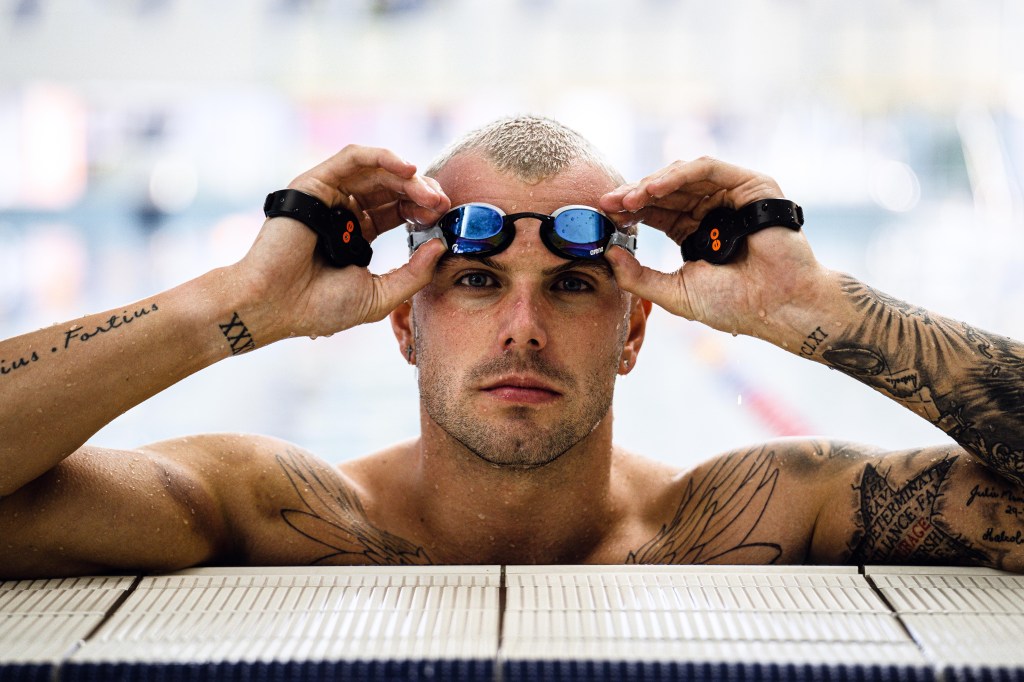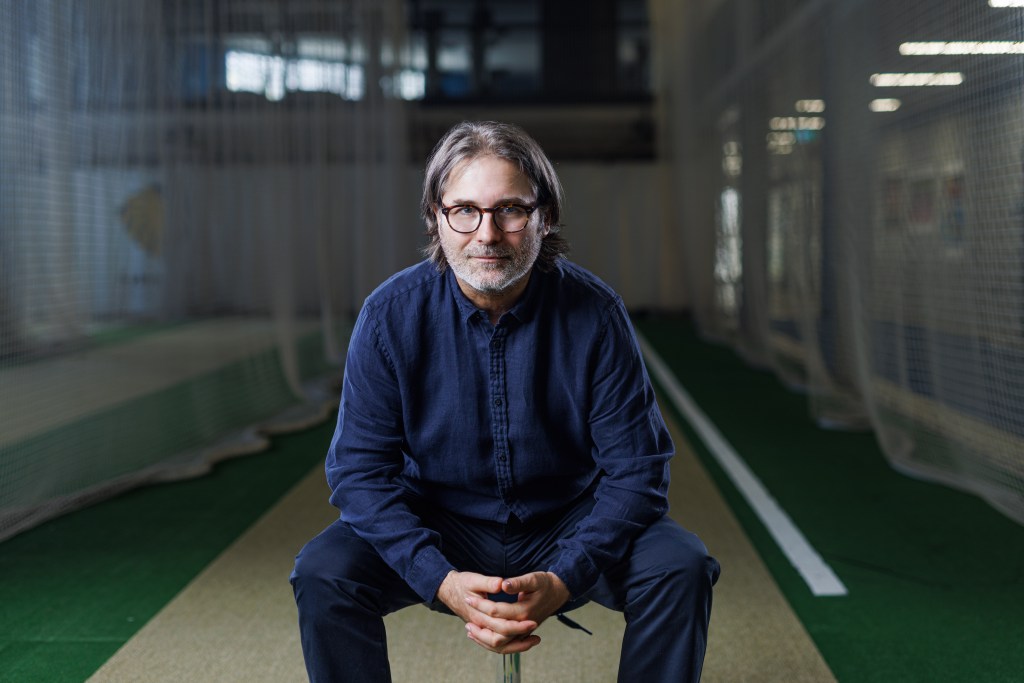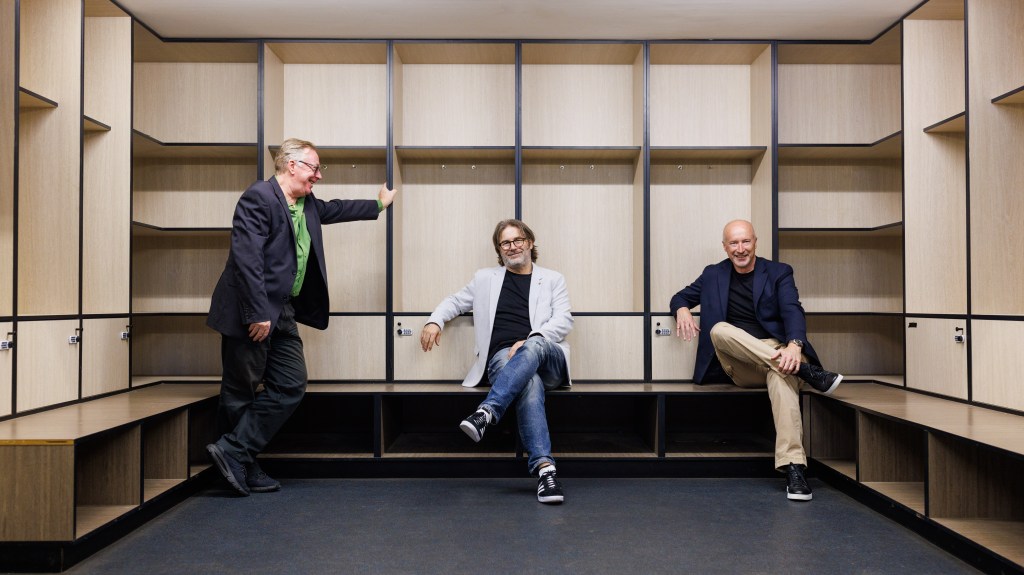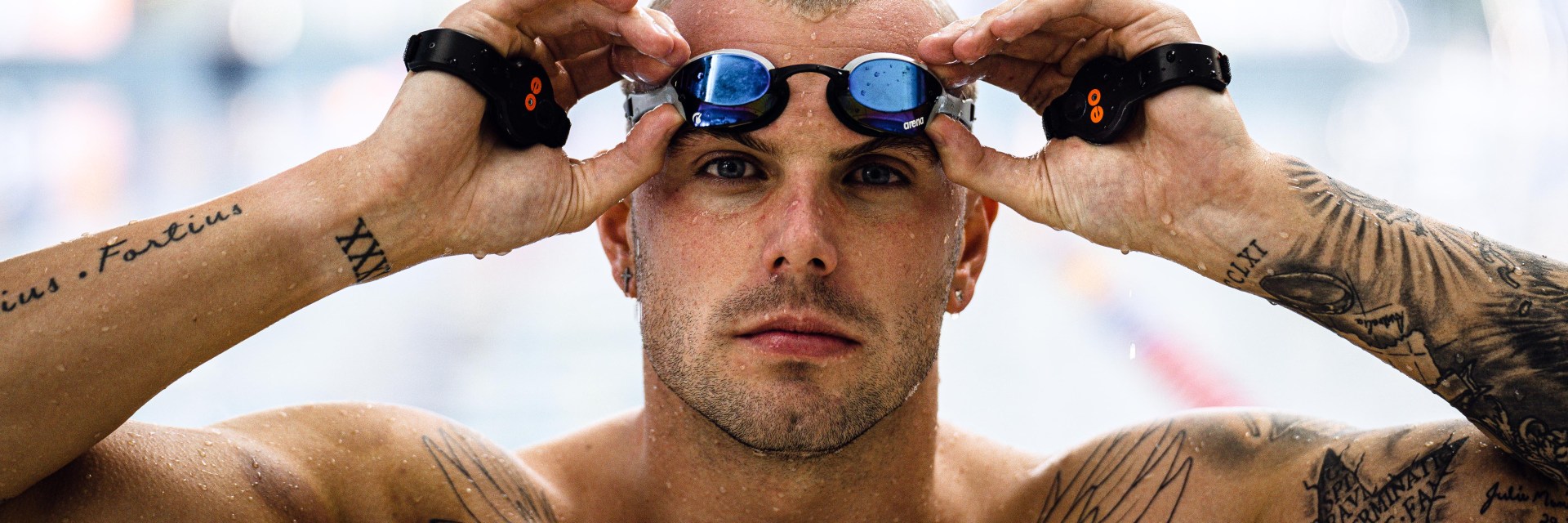After experiencing extreme highs and lows with his previous company, SKINS, Jaimie Fuller has taken his “what not to do” in business and applied it to his wearables sports tech business, eo.

After years heading up the global sports compression clothing label SKINS, there aren’t many professional athletes and international sporting teams that Jaimie Fuller hasn’t met. But after what he describes as the “world’s worst PE [private equity] deal”, the company filed for bankruptcy in 2019, leaving Fuller contemplating how to start over.
The lessons arising from the collapse were huge, according to Fuller. His list of “what not to do” in business was like the lessons he had learned about building a business. He says he has taken those lessons, combined with his extensive book of contacts, to develop his new sports wearable technology business, eo.
Established in 2019, Fuller has co-founded eo with former NSW Institute of Sport scientist Kenneth Graham and former Adidas CFO Dean Hawkins. It initially raised $2.5 million in seed funding to start the company and had a Series A raising of $3 million in 2022. eo plans to raise at least $5 million in the second half of this year to accelerate the international roll-out of its products. The company’s world-leading technology has already attracted the attention of big-name sporting teams and athletes, such as Australian swimming champion Kyle Chalmers, the South City Rabbitohs and the A-League soccer club Melbourne City.
Fuller knows the power of working with great technology and pairing with big names in sport.
Fuller purchased SKINS in 2002 after hearing about the company from Australia Socceroos head coach Graham Arnold. At the time, SKINS was about to go into administration. Fuller and his team then rebuilt the company to become one of the first sports compression clothing brands to hit the global market.
“The connection was remarkably beneficial at that time because he put the product on the Aussie team, and they all went back to the clubs mainly in the English Premier League, and then suddenly it just spread like wildfire,” Fuller says.

At its peak, SKINS was a multi-million-dollar global business worn by just about every professional athlete and sporting club in the world. Its reach also extended to the everyday Mums and Dads going to the gym – with some suggesting it was the original “active wear” before activewear became a “thing”.
By 2007 Fuller had moved to Switzerland and set up SKINS headquarters. The company had a cult following before it made some bad strategic decisions.
“It was it was awesome. It was terrific. Then in 2007, I did the worst possible private equity deal, which then resulted in me having to buy out the PE guys in 2012 which then saddled the company with way too much debt, which then started to spiral and culminated in early 2019,” Fuller says.
“Come January 2019, and I had to put the parent company into bankruptcy in Switzerland, which was an experience in itself.”
“Compared to the last time, we went down a lot of blind alleys and did a lot of stupid things. This time it’s as much about knowing what not to do as it is about knowing what to do.”
eo co-founder Jaimie Fuller on the lessons learned running his previous business, SKINS, and how he is applying them to eo.
Like many entrepreneurs, Fuller couldn’t fathom the thought of working for someone else. So, upon his return to Australia and during the COVID-19 lockdowns, he researched sporting wearable technology. Knowing he had the sporting and business contacts behind him, he met with former NSW Institute of Sport scientist Graham to discuss an ankle brace wearable device for professional athletes.
“He [Graham] said: ‘Jaimie, you’d be interested in some of these ideas I have in my head’… and they frankly blew my mind,” he said. “There is no question in my mind – Australia leads the world in sports science.”
After Fuller and Graham’s conversation, his business idea expanded from having a product focused on braces for joint protection to a broader concept that considered sport recovery, adaptation, rehabilitation and performance enhancement. It now has a range of products, such as SwimBetter, which monitors and predicts numerous factors in a swimmer’s stroke, speed and technique and neurological biomarker and concussion-check headset, eo NuroCHEK.
Fuller and Graham’s skill sets were complementary. However, they needed to find someone “brilliant operationally” with the discipline to help get the business off the ground. Fuller knew the perfect person for the job. Dean Hawkins had been on his board at SKINS but had also held the role of CFO at Adidas in Germany, headed up media companies in the UK and been on the board of Channel 10 in Australia.

But convincing Hawkins to move to Australia from the United Kingdom to take on the role at his new venture took time, Fuller says.
“The early discussions started at a pub in Notting Hill around just the ankle device, and that wasn’t enough to get me to come back. But as the pipeline started to grow through these discussions, it absolutely became a reason for me to come back,” Hawkins says.
After some successful capital raisings, the technology has been perfected, and two products are being used (it has three more in the pipeline). eo is working with leading swimming, rugby league, rugby union, AFL, cricket and soccer clubs to show the world what its science-based technology is capable of.
In the meantime, Fuller and his team plan to stay focused on the company’s mission of improving the performance and recovery of professional athletes. Fuller says he has his eyes set on success and has learned a lot from past mistakes.
“You have got to be ready for the good times and the bad and just have a plan that makes sense throughout that,” Fuller says.
